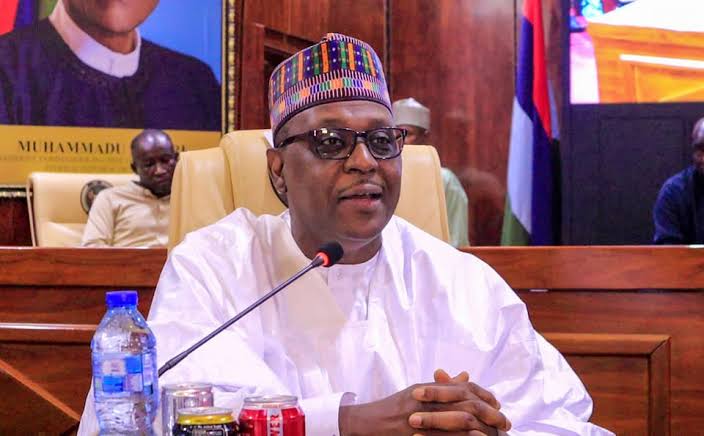
The Federal Executive Council (FEC) has approved the ratification of the African Medicines Agency (AMA) treaty, a move aimed at strengthening Nigeria’s healthcare regulatory framework and expanding access to quality medical services.
The Coordinating Minister of Health and Social Welfare, Ali Pate, announced the decision while briefing State House correspondents on Tuesday. According to him, the treaty, initiated by the African Union (AU) Heads of State and Government in February 2019, has been signed by 37 AU member states, with 26 already ratifying it.
“Today, the Federal Executive Council directed that Nigeria ratifies the treaty and takes all necessary actions to implement it,” Pate stated. He explained that the agreement would enhance the regulatory capacities of member states, ensuring the production and distribution of safe, high-quality medical products across the continent.
The minister highlighted that the treaty would establish a Pan-African regulatory framework, allowing Nigeria to benefit from an expanded market for locally manufactured medical products. “As we move in this direction, what we produce as part of our value chain expansion will have a much wider market,” he noted.
In addition to the treaty ratification, the FEC also approved six contracts for major diagnostic equipment in select teaching hospitals across the country. These include three Magnetic Resonance Imaging (MRI) machines and two CT scan machines for the University of Uyo Teaching Hospital in Akwa Ibom State and the Federal Medical Centre in Abeokuta, Ogun State. Other beneficiaries include Obafemi Awolowo University in Ile-Ife, the Federal Medical Centre in Keffi, Nasarawa State, Modibbo Adama University Teaching Hospital in Yola, Adamawa State, and the Federal Teaching Hospital in Kebbi.
Pate emphasized that Nigeria’s healthcare system is gradually improving, with significant investments being made in medical infrastructure. He revealed that Nigeria is now attracting patients from other countries, including the United Kingdom and the United States, who seek quality healthcare services.
“You can see that piece by piece, we are building our health infrastructure at a higher level in our teaching hospitals. People are now beginning to come to Nigeria for quality healthcare, including those from places as far as the UK and the US,” he said.








